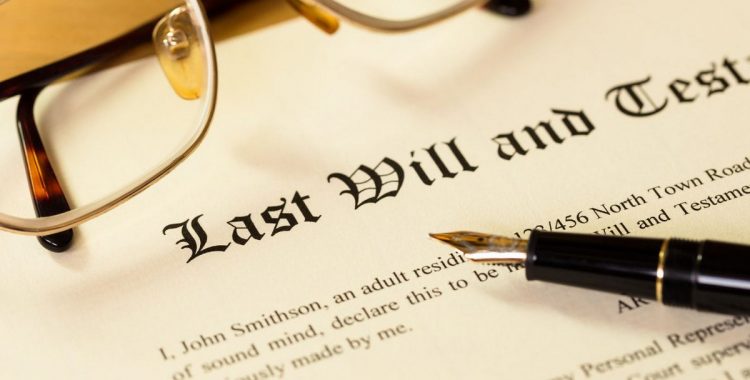Will and Testament – Inheritance
YOUR WILL IN SPAIN
From a practical point of view and in order to save the inheritors work, time and money, it is advisable to draw up a Spanish Will.
The type of will we recommend is the ‘open will’ that is drawn up by a lawyer or a notary. The will is then read aloud by the Notary and signed by the Notary and the testator. The originally signed will is then kept at the Notary and the testator receives a copy.
Security
The advantage of this is that will cannot be forged or sold, and when it is to be used it is a legally valid document in Spain. The last will of the testator must be in accordance with the National Law. The rumours about the Spanish Government taking over properties in the case of no will are WRONG. This can only happen in the case that there are no inheritors at all.
Requirements
To be valid the testator must be over 18 years of age, and it has to be signed in front of Notary.
Flexibility
The will can be revoked. It can also be altered whenever the testator desires. This can be done by drawing up a new will, as the old will then automatically be outdated (invalid) or the will can simply be revoked. A will is an individual document and cannot be done by more than one person (joint wills are not possible in Spain).
.
What is to be done in event of a death?
- Contact us immediately and we will inform you about the necessary steps to be taken in order to execute the will
- One of the necessary documents is the original death certificate duly legalised and translated into Spanish
- Another important and necessary document is a certificate of last will, which must be applied for at the Central Register in Madrid. This document confirms that there is Spanish will, and when and where it was signed.
When no Spanish will exists.
However, if a Spanish will does not exist, then the inheritors have to present the acceptance of inheritance done in their Country and/or letters of administration.




